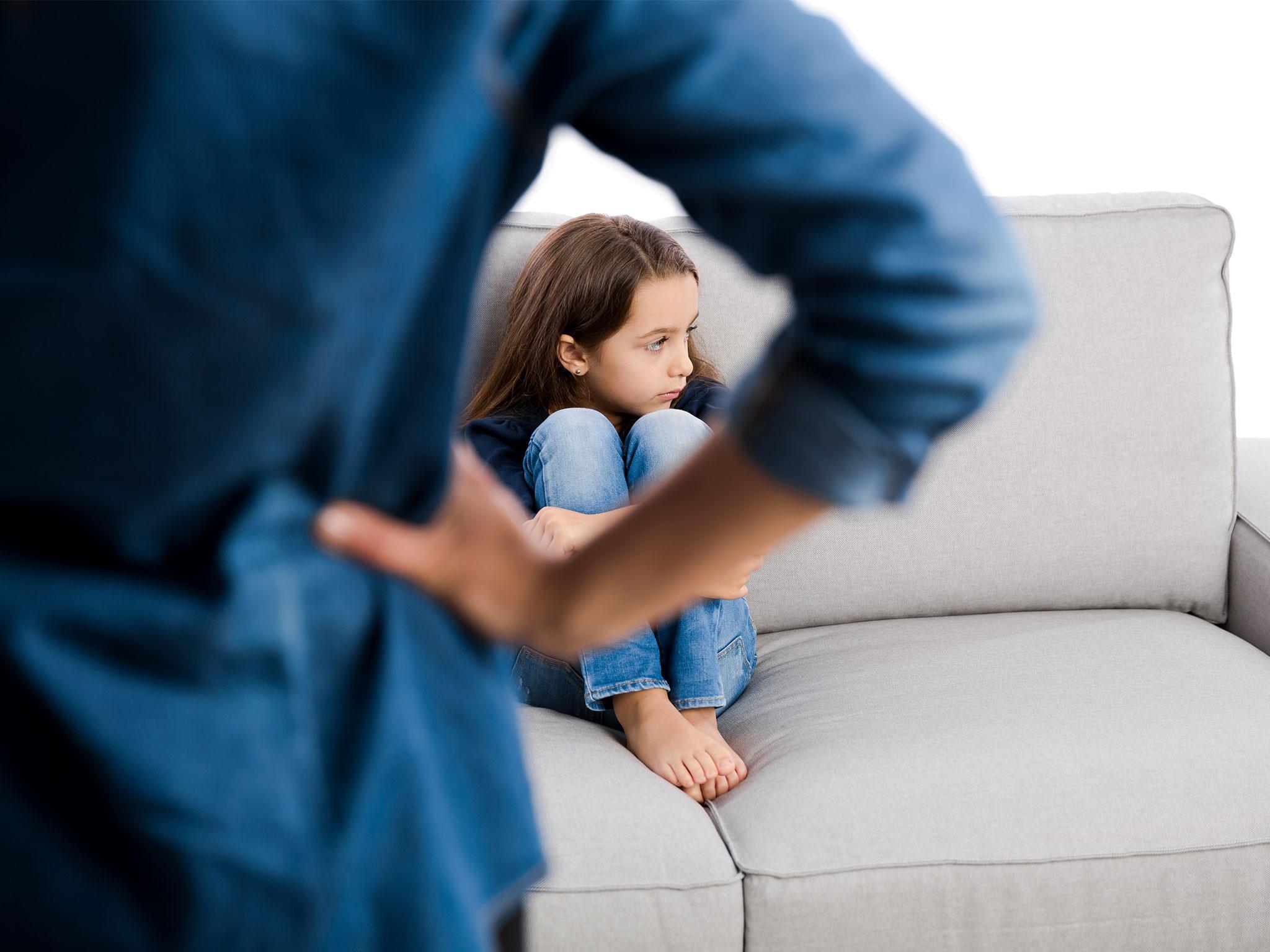Middle-class parents damaging their children by not being able to say 'no'
'Mollycoddling' and 'helicopter' parenting leaving primary school children poorly behaved and ill-prepared for real life, expert warns

Your support helps us to tell the story
From reproductive rights to climate change to Big Tech, The Independent is on the ground when the story is developing. Whether it's investigating the financials of Elon Musk's pro-Trump PAC or producing our latest documentary, 'The A Word', which shines a light on the American women fighting for reproductive rights, we know how important it is to parse out the facts from the messaging.
At such a critical moment in US history, we need reporters on the ground. Your donation allows us to keep sending journalists to speak to both sides of the story.
The Independent is trusted by Americans across the entire political spectrum. And unlike many other quality news outlets, we choose not to lock Americans out of our reporting and analysis with paywalls. We believe quality journalism should be available to everyone, paid for by those who can afford it.
Your support makes all the difference.Middle-class parents are damaging their children by not being able to say “no”, a top child psychologist has claimed.
For many teachers, bad behaviour in the classroom does not stem from the pupils themselves but the parents, according to Dr Amanda Gummer, a research psychologist specialising in child development.
“Wild, unruly children are increasingly likely to be the progeny of so-called ‘helicopter’ parents,” said Dr Gummer writing for the Daily Mail, “those who give intensive, one-on-one attention to their child and pander to their every whim, fuelling a ‘little emperor’ syndrome.”
From her experiences of working with primary school teachers, she said, the attitude and behaviour of middle class parents in particular was far more shocking than that of their children.
“They are ruthlessly ambitious for their child’s future — failing to realise how badly their mollycoddling is preparing them for the compromises of real life,” she said.
“While we’ve long known this hovering parenting style can create children unable to make decisions or exhibit independence, what’s less often discussed is how aggressive and difficult the children of helicopter parents — often middle-class, professional and, to their minds, devoted to their darlings — can be at school.
“These children struggle in the classroom because they cannot cope with not being number one,” she added. “So they play up to try to get the attention they have been raised to believe ought to be all theirs”.
Teachers were being “frustrated to tears” as a result of these attitudes, she said.
Recent Department for Education figures revealed as many as 35 children a day were being permanently excluded from school for bad behaviour in England alone.
Just under a fifth of those expelled were at primary school, including some children as young as four – a figure that has more than doubled over the past four years.
Dr Gummer suggested the perceived increase in expulsions can be linked to the combination of poor behaviour and lack of personal skills as a result of bad parenting.
“Imagine: little ones so helpless they need assistance to go to the loo and put on their shoes, yet who are utterly unafraid to biff their teacher on the nose,” she wrote.
“Too many of these children have never heard the word ‘no’ levelled at them at home.”
Previous studies have suggested parents who exert too much control over their children could be causing them psychological damage later on in life.
A 2015 study by University College London tracking more than 5,000 people since birth, found people whose parents had intruded on their privacy in some way, or encouraged dependence were much more likely to be unhappy in their teens, 30s, 40s and later on in life.
“Children need rules, boundaries and opportunities to feel the cold, go hungry and fall down and hurt themselves, so they can learn from their mistakes,” concluded Dr Gummer.
“If they are deprived of those basic life experiences at home, it makes educating them a far greater challenge for their teachers than it ever need be."
Join our commenting forum
Join thought-provoking conversations, follow other Independent readers and see their replies
Comments